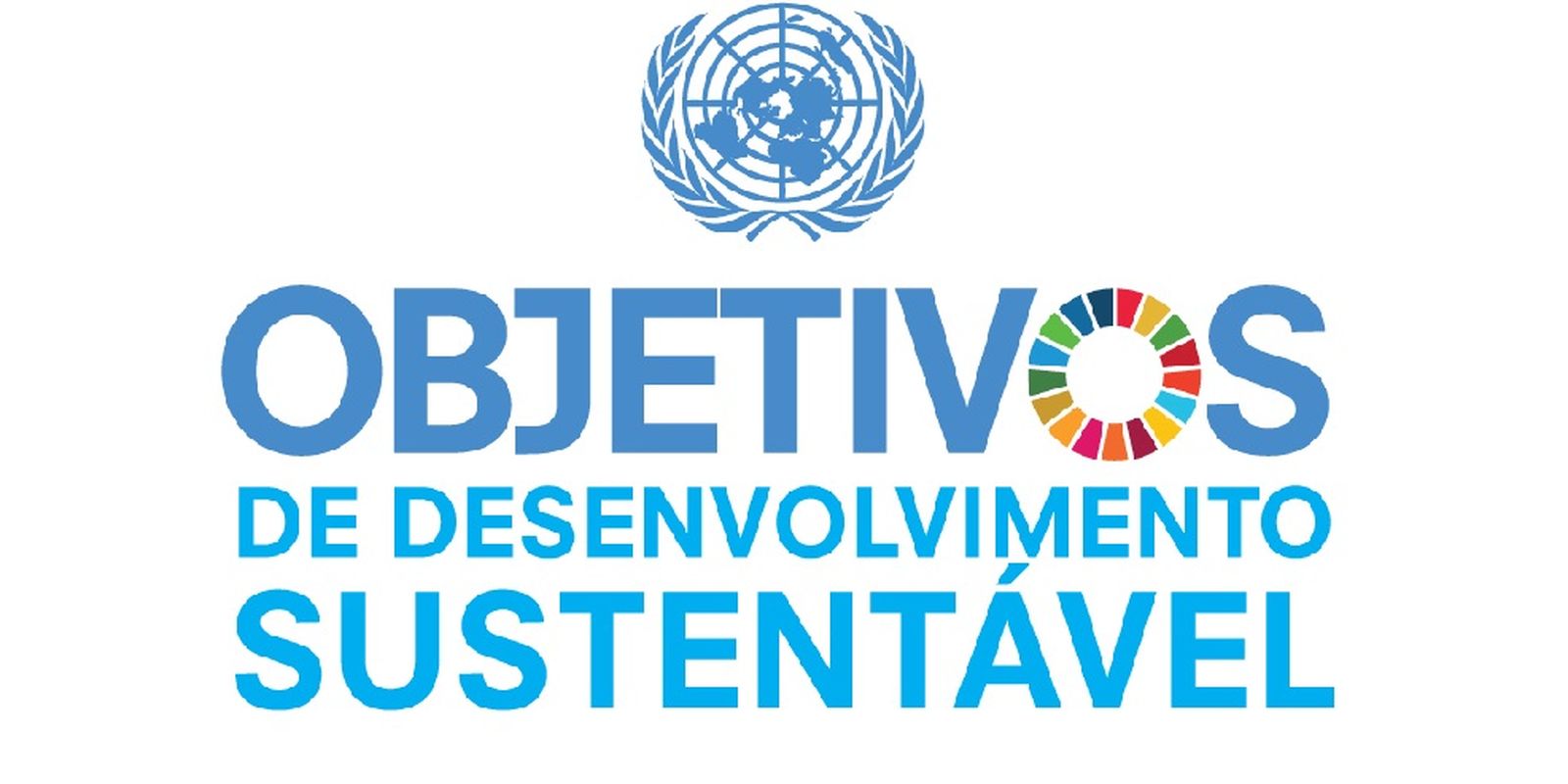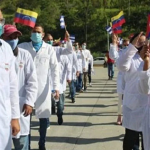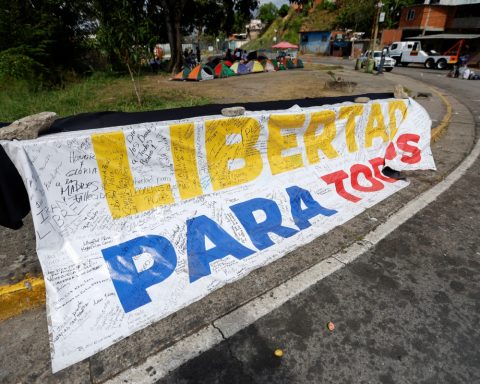The economic impacts resulting from the COVID-19 pandemic have made it difficult to implement the 2030 Agenda, which in 2015 established a set of 17 Sustainable Development Goals (SDGs) adopted by the 193 member states of the United Nations (UN). This is the conclusion of a study carried out by the René Rachou Institute, a unit of the Oswaldo Cruz Foundation (Fiocruz) in Belo Horizonte.
The researchers involved in the study assessed the evolution of 43 indicators that would be related to the health goals associated with the SDGs. The analysis was carried out using data from 185 countries. A projection of the performance of each of them was made for the period between 2021 and 2030, based on economic growth forecasts before and after the pandemic. They observed an inequality in the results.
“The analyses showed that countries with lower incomes could experience a 16% decline in all indicators assessed, a much more significant decline than that estimated for high-income countries, which is 3%,” Fiocruz points out in a note released this Wednesday (14), in which it presents the main conclusions of the study.
According to researchers, the economic impacts resulting from the COVID-19 pandemic deepen inequalities. This would occur because countries with more powerful economies tend to recover more quickly from crises and restructure themselves in less time.
The research resulted in a scientific article published three weeks ago in the journal Plos Onepublished by the Public Library of Science (Plos), an initiative founded in 2001 in the United States that is dedicated to supporting publications that adopt an open content licensing model.
Methodology
According to Fiocruz, the analysis was based on an econometric model that took into account three economic indicators for each country: Gross Domestic Product per capita (GDP per capita), the Gini index – which measures income distribution – and investments in health. Comparisons were made between the economic projections made before the pandemic, in January 2020, and those updated in October 2021, about 1 year and a half after the outbreak of the health crisis.
Measures involving infectious diseases are among those most impacted: the pace of implementation is expected to slow in all four groups of low-income, lower-middle-income, upper-middle-income and high-income countries. However, the effects are not homogeneous. In low-income countries, the expected slowdown is, on average, 33.8%, compared with an average of 6.4% in high-income countries. Poor performance was also observed in injuries and violence; maternal and reproductive health; health system coverage; and neonatal and child health.
The Gini index results showed a strong association with 15 indicators, including stunted growth in children, childhood vaccination coverage, incidence of malaria, number of people infected with neglected tropical diseases, mortality from chronic non-communicable diseases, prevalence of smoking, homicides and direct health expenditures. “The greater the inequality, the worse the performance in these indicators,” the researchers point out.
The scientific article presents some reflections for international public health policy. The researchers point out the importance of global cooperation to support health systems in low-income countries and thus ensure equitable progress, as well as a healthier future for all.















